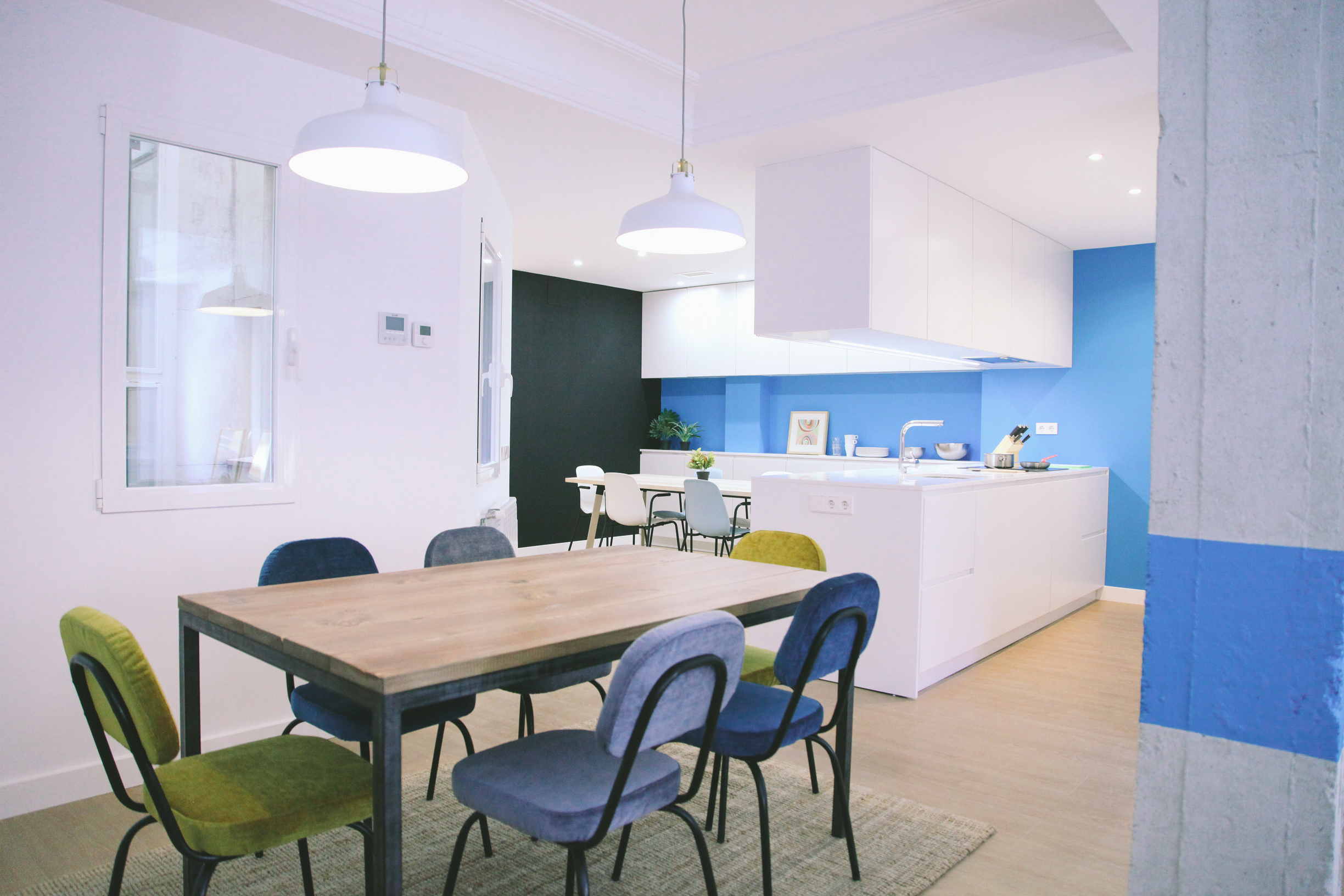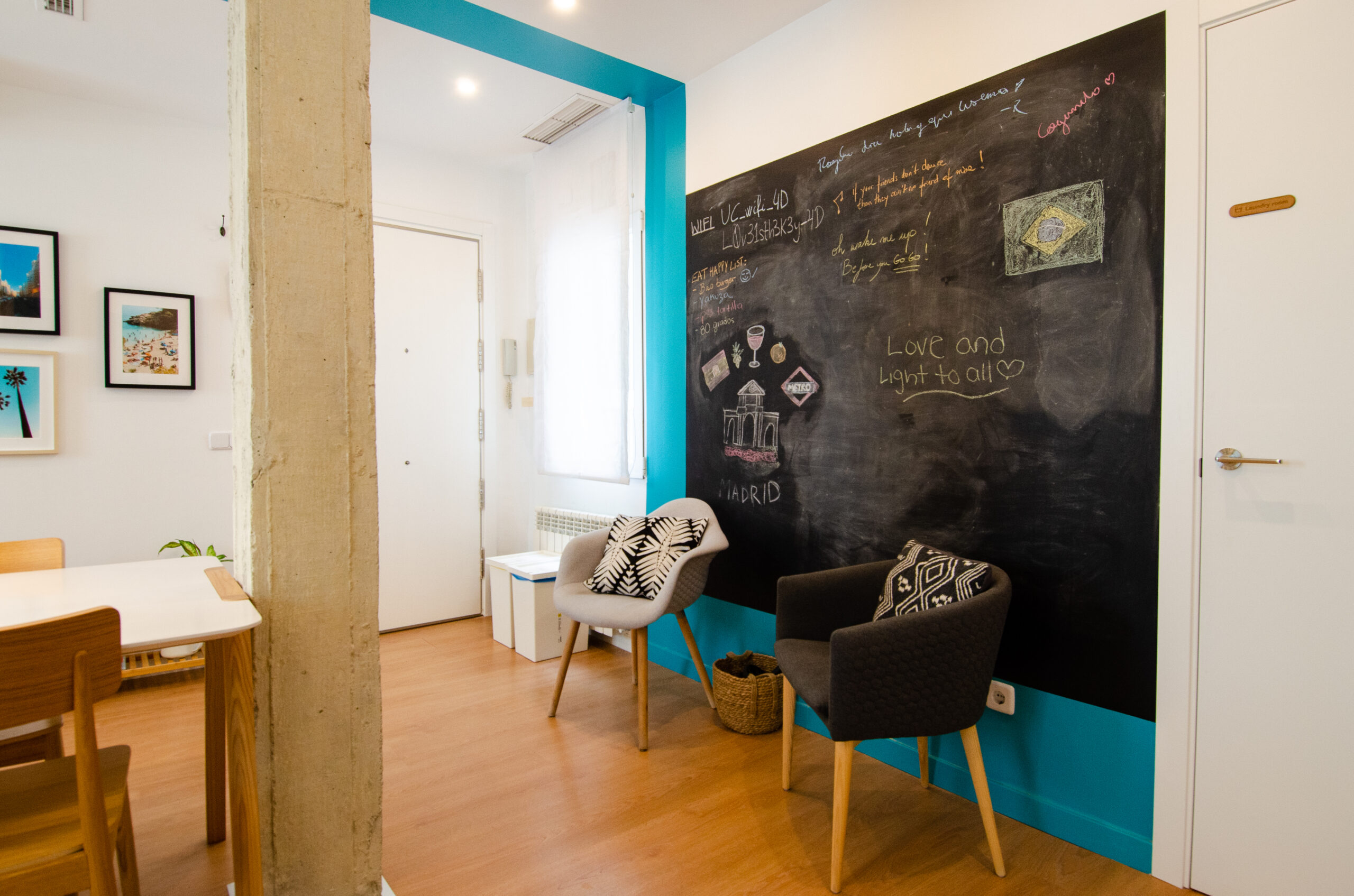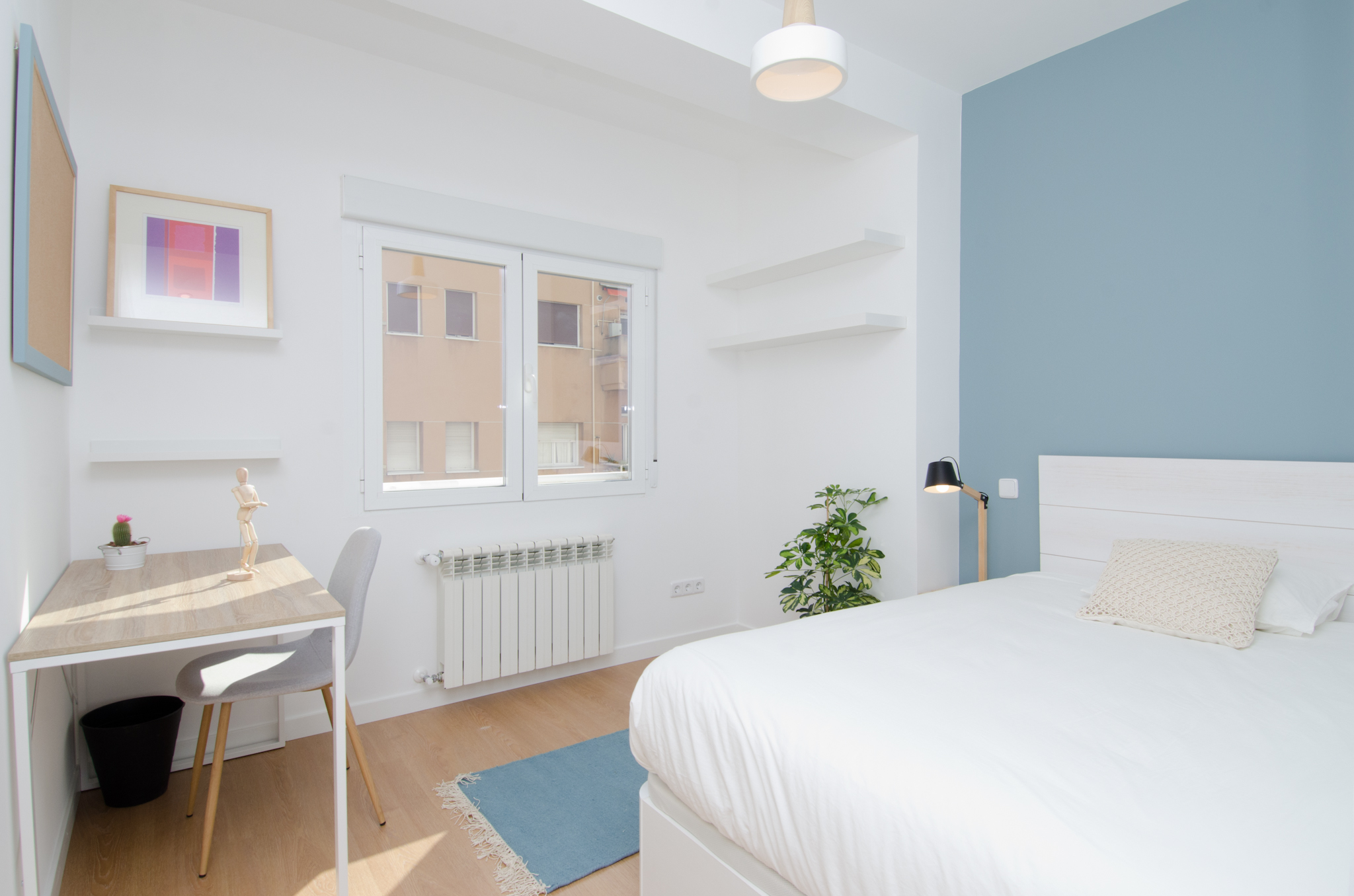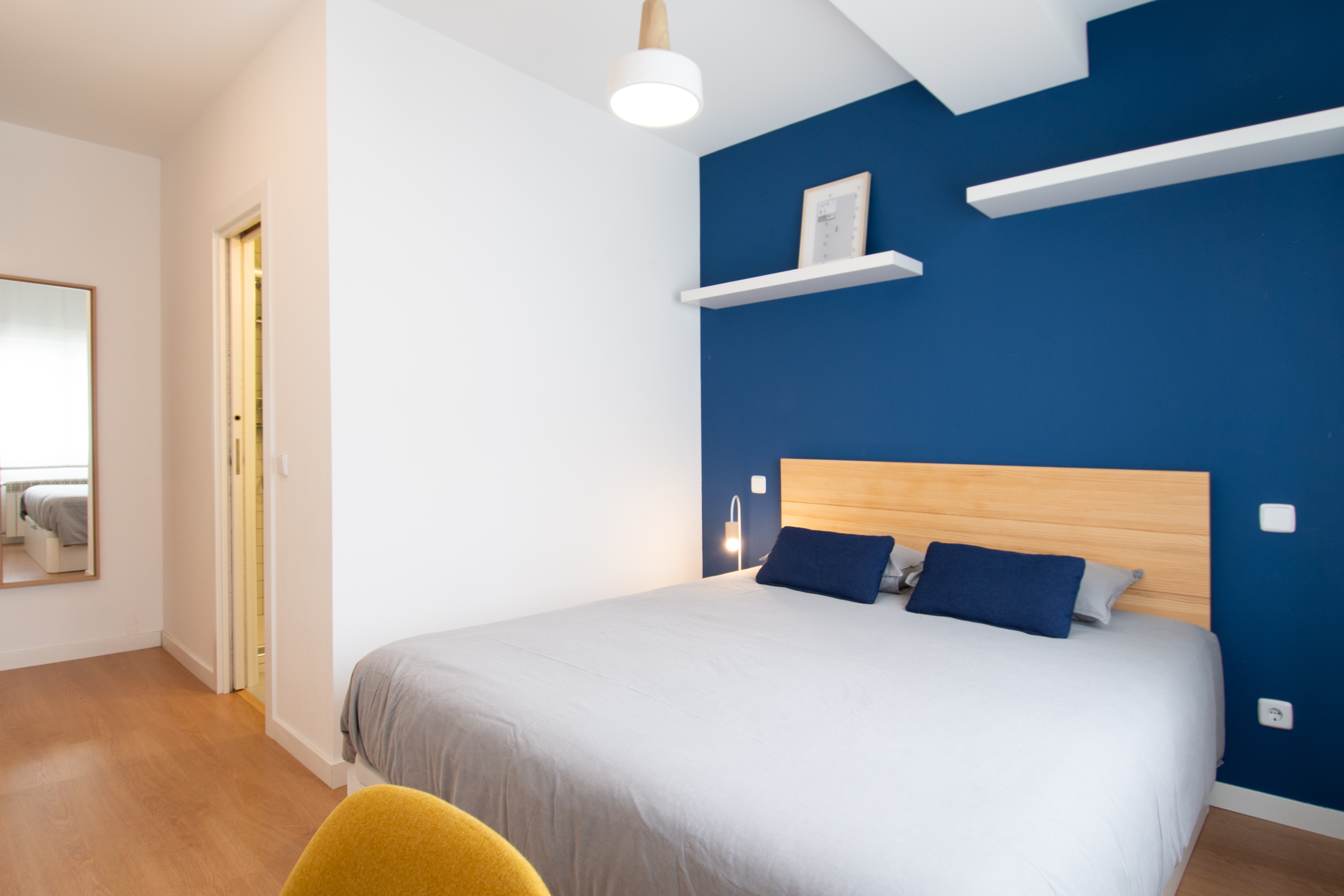Raphael Cytron, our Head of Campus Management Fr/Be, participated to a round table in Brussels about “How real estate developments impact the attractiveness of Brussels” organized by Logic-Immo.Be.
This round table proposed to put 3 elements into perspective: costs of real estate/land; the tipping over ownership to rental; the coliving and coworking phenomenon. It was a great opportunity to analyze how new usages are transforming the way we live together in cities.
“There is an evolution in the perception of housing. The inhabitants now think more in terms of the environment (campus model) than in terms of surface areas. At Urban Campus, members do not only value the quality of the apartment/studio, but rather what the entire building offers in terms of experience and community life. Private spaces are part of a whole, as are shared spaces and the animation of community life on campuses. Note that the community dimension is not pejorative. On the contrary, it is positive and inclusive, it is a factor of exchange and every exchange is beneficial! The shared residential offer we have in Madrid shows a population (22 > 40 years old) that is not in the pursuit of the student model but has brought about a change in mentality: access to housing is made more flexible while offering the possibility of joining a community. Let us add one last parameter: more than 50% of European urban dwellers live alone (single or couple without children); this model also makes it possible not to be “isolated”.”
Raphael Cytron, Head of Campus Management Fr/Be
Read the full transcript in French on Logic-immo.be here.



